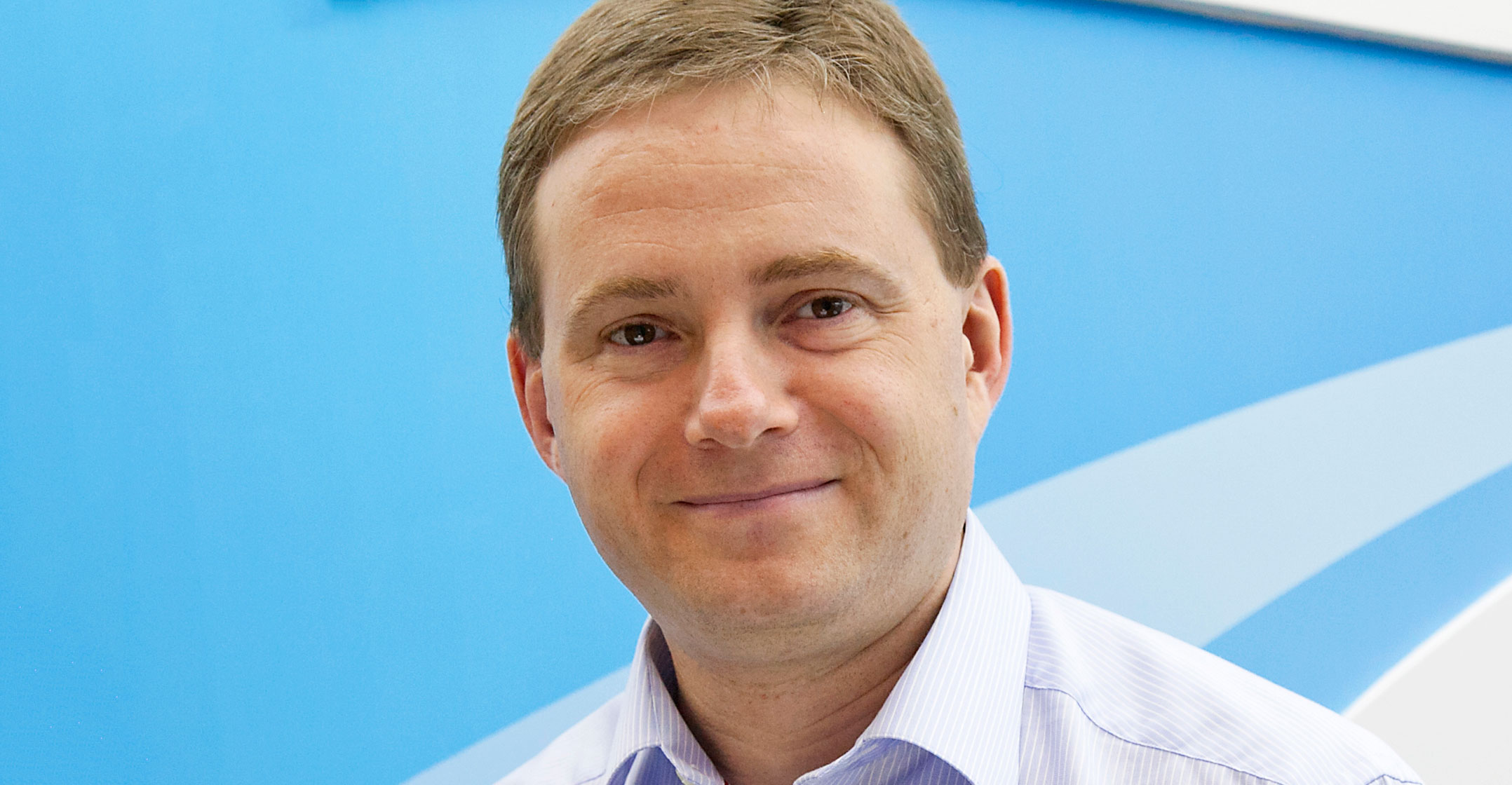
Nic Rudnick, the group CEO of Liquid Telecom, sees a future for the company beyond simply providing wholesale and retail connectivity. He wants to reimagine Liquid as a technology solutions company.
That’s why, he said in an interview with TechCentral, the group — which is controlled by Zimbabwean telecommunications mogul Strive Masiyiwa’s Econet Global — is renaming itself as Liquid Intelligent Technologies. The name change will be formalised this month.
“What we are in the process of doing is changing the way Liquid does business, the way the group functions,” Rudnick said via a video call from the UK, where he is based. This, he said, is about providing new technologies not only to its traditional enterprise customers but also to “entrepreneurial creators across the continent”.
But retooling the organisation to provide everything from cloud services to cybersecurity has meant a “fundamental change in how our internal systems and processes work”.
At its large South African subsidiary, that has meant instituting a section 189 process under local labour legislation, a process the group has conceded could result in job losses. That process, Rudnick said, is nearing its conclusion. However, he emphasised the intention has never been specifically to retrench employees but to reconfigure the organisation for the new operating strategy.
“Our focus has been to have the right skills in the right places and to have the right structure to deliver to our customers what we want to deliver in terms of this strategy,” he said. “We have been running consultations. There may be some positions affected, but the objective is not to lay off people like has happened elsewhere in the industry.”
‘Leading technologies’
In three years’ time, Rudnick wants to be able to describe Liquid as a “technology company providing access to the world’s leading technologies, from AI to cybersecurity, to some of the most advanced compute capabilities in the cloud”.
“We want South Africa and Africa to be the creators of applications and innovation. We have the technology that can be the foundation of that. We’ve spent a lot of money and effort promoting innovation hubs across the continent to make sure the new digital economy of Africa is being delivered by entrepreneurs.”
The Covid-19 pandemic has been a huge accelerant of digital uptake of online systems and services and will support Liquid’s strategy, he said. “This will expand beyond necessity into a new way of doing business.”

To take advantage of the shift away from telco to digital services, Rudnick said acquisitions will be necessary. Already, the group – through its Africa Data Centres unit – acquired Standard Bank’s sprawling data centre in Midrand, Johannesburg, which he said is likely to be the biggest corporate transaction in South Africa this year. Other bolt-on acquisitions may be needed as the group begins to focus on new areas, including cybersecurity.
“We always have an appetite to grow through acquisition. We will continue to grow through both (acquisition and organically) and through our partnerships that we have with Microsoft and other cloud providers,” he said. Though the group can’t say so, it’s widely understood in the local ICT industry that it already hosts data centre facilities on behalf of Microsoft for the US software giant’s Africa Azure cloud region.
To fund its expansion plans, Liquid Telecom last week concluded a right issue. Shareholders followed their rights and the group raised additional capital, which has “helped support the acquisitions we have done and (will fund) the continued network roll-out and data centre construction”.
Already, the group has a network of fibre infrastructure criss-crossing the continent, with continuous links all the way from Cairo to Cape Town. It’s now completing work on an east-west link, connecting Nigeria and Kenya. It also recently rolled out a network in South Sudan. In addition, it’s a big investor in the undersea cable broadband infrastructure around Africa through its Liquid Sea division. Though it has abandoned a plan to lead the development of its own subsea system, it will continue to participate in new cable projects. Both Facebook and Google are leading efforts to build new submarine systems to connect the continent through the 2Africa and Equiano cables.
On South Africa’s planned spectrum auction, Rudnick said Liquid hasn’t yet decided whether or not it will participate. The group’s South African operation already has valuable spectrum that is suitable for building both 4G/LTE and 5G networks and is investing in wholesale network infrastructure for both MTN (4G) and Vodacom (5G). — (c) 2020 NewsCentral Media




